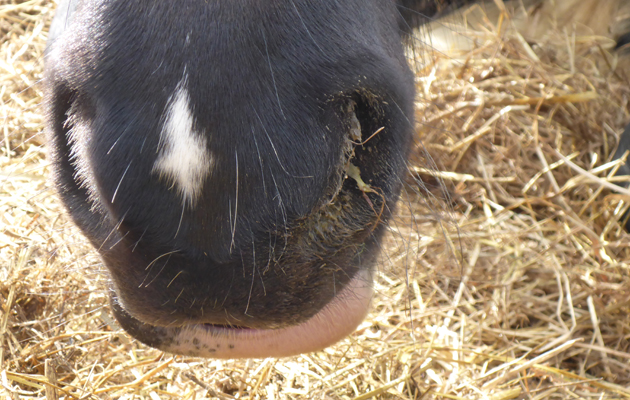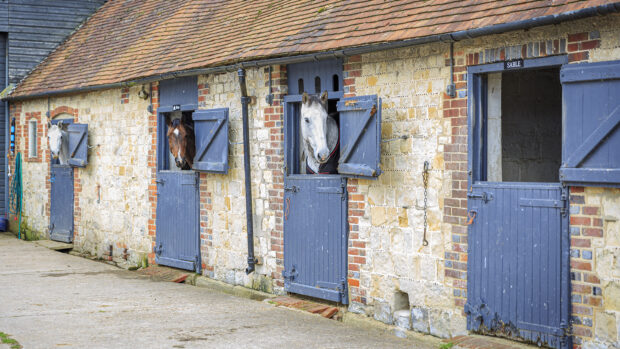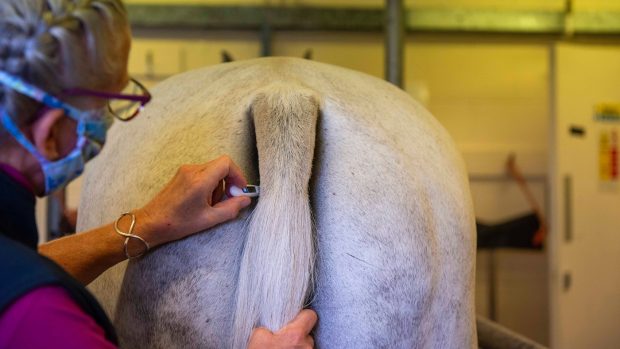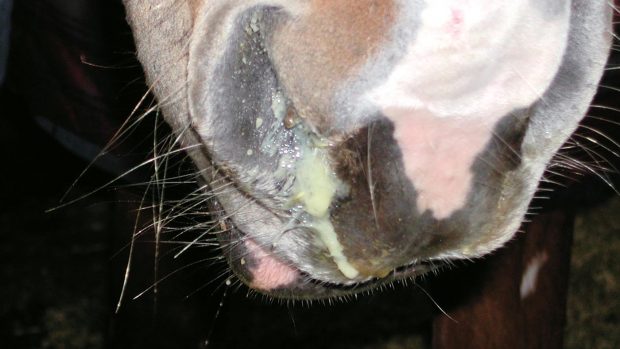Stop the stigma and speak up — that was the message from leaders in equine welfare when it comes to dealing with disease outbreaks.
The call came during the 2017 National Equine Forum, held in London yesterday (2 March).
Prof Josh Slater, professor in equine clinical studies at the Royal Veterinary College, presented a case study on how a yard and veterinary practice coped with a devastating outbreak of equine herpes virus (EHV) last year.
Prof Slater praised the way the yard and vets dealt with the outbreak, from rapid testing of the first sick horse to their isolation procedure and “excellent” use of social media to alert the wider equestrian world.
Sadly six horses died, but the Prof Slater said the yard’s “intelligent use of space” to create quarantine zones and their openness about what had happened meant the outbreak was contained.
“The reality is that we work in a vacuum for the most part — imagine how much better off we would be if we knew where the other outbreaks and infectious diseases are,” said Prof Slater.
“If we went home and did one thing to help, it would be measuring [the] temperatures [of our horses more frequently].”
During the discussion, Jeanette Allen raised the issue of yards and owners being ostracized when they do the right thing.
“I think the biggest challenge is to stop the vilifying of yards and owners that have an outbreak,” she said.
Andrea Vilela, Redwings Horse Sanctuary education and campaigns manager, presented the findings of the charity’s strangles survey.
The charity suffered a strangles outbreak across its sites in 2015. At its height, 24 horses showed signs of infection and nine quarantine zones were in operation.
Article continues below…
Related articles:
- Equine herpes: all you need to know
- Equine flu: do we need an epidemic before we act?
- Avoiding infectious diseases
More than 90% of the respondents said strangles should be more of a priority in the UK.
Ms Vilela said they would like it to become a “social norm” for horse owners to measure their horses’ temperature for fever.
It was also suggested that one simple way to help prevent outbreaks would be if every owner had a thermometer in their grooming kit, knew how to use it and knew their horse’s normal temperature. This would then mean a raised temperature — which is often a sign of fever — would be spotted early.
For a full report from the National Equine Forum, don’t miss next week’s issue of Horse & Hound, out Thursday 9 March




